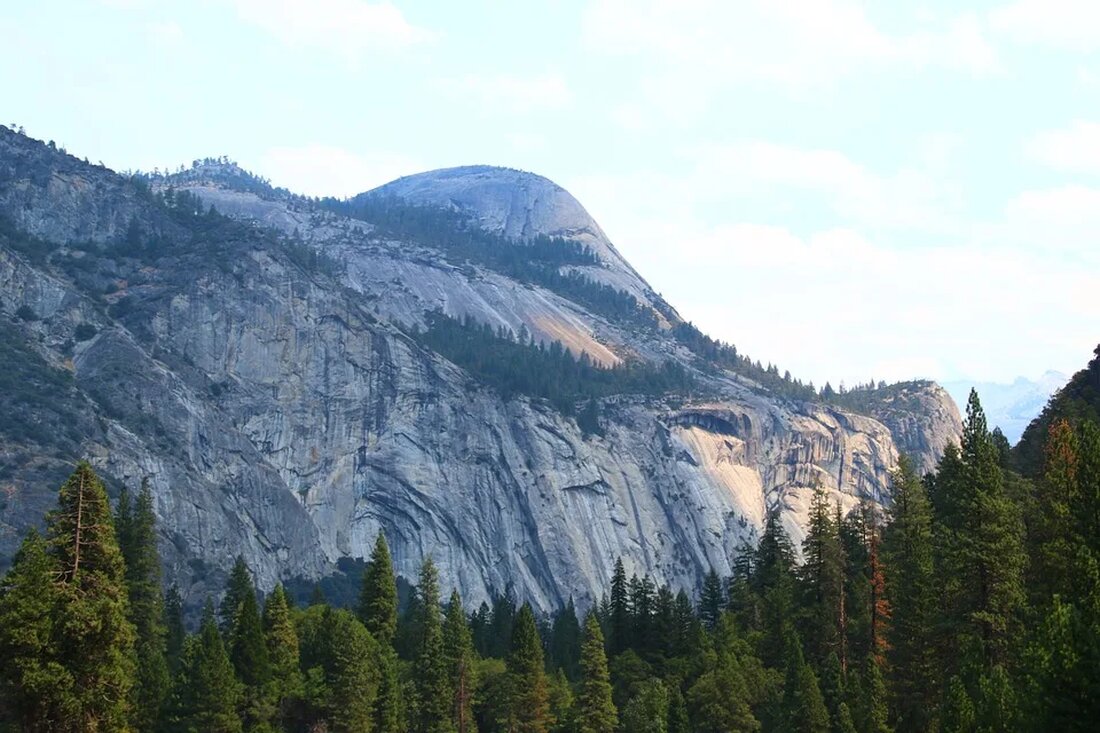The influence of volcanoes on ecosystems
: Encounter of the elements Volcanoes – fascinating and at the same time frightening natural phenomena on earth. During an eruption, solid, liquid and gaseous substances are transported from the earth's interior to the earth's surface. People and animals can bear witness to the brutal destructive power they unleash. But to what extent do volcanoes influence our planet's ecosystems? The Immediate Consequences of a Volcanic Eruption One of the most obvious effects of a volcanic eruption is the immediate destruction and alteration of local ecosystems. Loss of habitat and biodiversity The explosion of a volcano can completely destroy a local ecosystem. The ash, lava and pyroclastic flows ejected burn and bury living...

The influence of volcanoes on ecosystems
: Meeting of the elements
Volcanoes – fascinating and at the same time frightening natural phenomena on earth. During an eruption, solid, liquid and gaseous substances are transported from the earth's interior to the earth's surface. People and animals can bear witness to the brutal destructive power they unleash. But to what extent do volcanoes influence our planet's ecosystems?
The immediate consequences of a volcanic eruption
One of the most obvious effects of a volcanic eruption is the immediate destruction and alteration of local ecosystems.
Loss of habitats and biodiversity
The explosion of a volcano can completely destroy a local ecosystem. The ash, lava and pyroclastic flows emitted burn and bury living organisms and destroy entire habitats. Plants, animals and microorganisms can be wiped out within seconds, leading to a temporary decline in local biodiversity.
Creation of new living spaces
While the immediate effects of volcanic eruptions can be devastating, it is important to note that they can also create new habitats. Volcanic areas can be very fertile because the ash and volcanic rock are rich in nutrients. After a certain period of recovery, the vegetation can thrive again and new species can colonize the newly created habitat.
Long-term impacts on the global ecosystem
In addition to the immediate local impacts, volcanic eruptions also have longer-term global impacts on the Earth's climate and ecosystems.
Change in climate
Powerful volcanic eruptions can eject huge amounts of volcanic dust and gaseous compounds into the stratosphere. This means that some of the sunlight is reflected and the average temperature on Earth can fall. This temporary cooling effect can change climates around the world and affect the growth and survival of plants and animals.
Changing the chemical composition of ecosystems
Volcanic eruptions can have a major impact on the chemistry of ecosystems. Volcanic ash and gases such as sulfur dioxide, fluorine and chlorine can enter the atmosphere, soil and waterways and contribute to acidification. This can have negative effects on many species, especially those that are sensitive to pH changes, such as many aquarium fish.
The influence of volcanoes on marine ecosystems
Volcanoes impact not only terrestrial but also marine ecosystems.
Creation of new marine habitats
Underwater volcanoes and hydrothermal vents contribute to the formation of new habitats. They provide the deep sea with nutrients and heat necessary to enable unique deep-sea ecosystems.
Influencing oceanic nutrient circulation
Volcanoes also contribute to oceanic nutrient circulation. Volcanic ash carried into the sea can promote plankton blooms, which in turn form the base of the marine food chain, thus increasing biomass and biodiversity in the ocean.
Conclusion: Volcanoes – destroyers and builders alike
Volcanoes have an influential and complex impact on our Earth's ecosystems. Their outbreaks can be devastating and destroy entire habitats, but they can also create new habitats and thus contribute to biodiversity. They can also influence the global climate and thus life in all regions of the world.
It is important that we continue to explore and understand these dynamics in order to ultimately be better prepared for the challenges posed by volcanic eruptions. This is the only way we can see ourselves as part of the global ecosystem and learn to live with these powerful and fascinating natural phenomena.

 Suche
Suche
 Mein Konto
Mein Konto
